|
Do you want to know the best reason to use locally grown flowers in your wedding flowers? Every year at your anniversary, those flowers will be blooming for you. It's the perfect way to make you smile and enjoy your anniversary! Plant some in your garden to enjoy an anniversary bouquet every year. So, now that I've convinced you local, seasonal flowers are a great idea - what is the best way to choose local flowers for your North Georgia wedding? Choose a florist specializing in local flowers Your florist will take your wedding day vision and bring it to life through the flowers. They are also responsible for finding and purchasing the flowers for your wedding day. Make sure you choose a florist that is familiar with where to purchase local flowers. They will be able to guide you on the best types of flowers for your wedding day and have a large selection of local flower farms to work with. Know which flowers are in season Each flower types blooms at a different time of year. In North Georgia, we have ranunculus, peonies and garden roses typically May - June. Sunflowers and lisianthus love the hot summer of July and August. Dahlias make an appearance beginning in September and bloom until late October. Your florist can help you understand which local flowers will be available around your wedding date or you can talk with a local flower farmer. Be flexible Locally grown flowers can be impacted by weather, pests or other items that might mean your florist needs to shift the plan. A florist that has experience with local flowers will understand this and be able to easily shift to another type of local flower that still delivers on your vision (one more reason why the first tip is so important)! Some flowers can be shipped from other locations easily so you can keep certain flower - like peonies. Others, like dahlias, don't ship as well. Talk with your florist about options and trust that they will delivery beautiful flowers on your wedding day! Bonus Tip - what if you want to use local flowers for your DIY wedding? It's still possible!
Many local flower farms will sale buckets of flowers that you can use to design your wedding flowers. These will be what they have blooming on their farm that week. Some may be able to provide flowers based on a color palette and others are "grower's choice" which means they pick the best looking flowers and don't focus on the color. We are fortunate to have many local flower farms in the North Georgia area which make beautiful, local flowers available for your wedding!
0 Comments
Georgia is known for long summers. And we don't always view that as a good thing. When it comes to growing a summer garden full of flavorful produce, it's a very good thing. Our long summer means a long growing season that gives us weeks of fresh tomatoes and items like okra that need the long, hot weeks. Today we are sharing some of our favorite summer veggies and a few tips for growing each. Home Grown Tomatoes For many of us, this is what we wait for all year. At the Farmer's Market, we see customers asking weekly for the first tomatoes. (Hint, it's usually late June or early July before locally grown tomatoes are ready in North Georgia.) The good news is tomatoes usually love our red Georgia clay. The natural acidity is good for them. You can plant them directly in the ground or grow in raised beds or even large pots or 5 gallon buckets. Tomatoes need lots of sun! At least 8 hours to produce juicy tomatoes. You want to have a small plant to go in the ground (don't try to start these directly by seed in the garden). The absolute earliest to plant is mid-April, but you need to watch the weather carefully for late frost or strong storms. We aim for early May and typically have tomatoes the same time as all the other local farmers. Small tomatoes, like cherry tomatoes, will ripen first. Larger tomatoes will take a little longer. There are tons of articles and information on how to fertilize tomatoes. For beginning growers, I recommend Dr. Earth Organic Tomato Fertilizer. It has a mixture of minerals needed by the plants and is easy to apply. Tomatoes will need support as they grow. You can purchase tomato cages from local hardware stores that are easy to use and can be reused each year. With sun, regular water and a little fertilizer, you will be on your way to delicious homegrown tomatoes! Squash and Zucchini I'm grouping these together because they are in the same growing family. Yellow squash, pattypan squash and zucchini are all easy to grow in North Georgia. These plants branch out and don't require any support. Start them by seed directly in your garden. Create a small hill of dirt and place 2 - 3 seeds in the hill. The hill helps with drainage so the plants don't sit in water after a big rainfall. You will need to keep an eye out for squash vine borers. These are moths that lay eggs under the leaves. The larvae eat the vines and kill the plant. If you have several plants, you won't need to worry as much since they don't usually impact all of the plants. You can also purchase squash vine borer traps that attract and trap the moths to keep them from laying eggs. Harvest the yellow squash and zucchini before they get too large (keep an eye on them because they can double in size almost overnight!) These will produce for several weeks throughout the summer. Green Beans These are another easy to grow veggie that you can start directly with seed in the garden. You can either plant bush beans that do not need support or runner beans that will need a trellis of some sort. It's personal preference on which you choose. It's easy to find "stringless" beans that area easier to prepare before cooking. The leaves of bean plants can be a draw for Japanese beetles. Japanese beetle traps can help keep down the number of pests. Once these start producing, you will need to harvest at least every other day. Okra This is a true southern staple. Fried okra is my favorite way to eat it, but it's also great for soups, gumbos, roasted or pickled. Okra loves the heat! Start the seeds directly in the ground and let them grown. You can begin harvesting later in July and they will go through September. The stalks will continue to grown taller as you harvest the okra. Make sure you pick it when it's about 3" long. If it gets too large, they get woody and tough. What is your favorite Summer veggie or one you want to try in your garden?
|
AuthorPleasant Union Farm is a family owned wedding venue in North Georgia, about an hour north of Atlanta. Archives
July 2024
Categories |
North Georgia Wedding Venue offering all-inclusive weddings.
Modern Barn Wedding Venue | All Inclusive Wedding Packages | Farm Events
1994 Pleasant Union Rd. Canton, GA 30114
Privacy Policy
Modern Barn Wedding Venue | All Inclusive Wedding Packages | Farm Events
1994 Pleasant Union Rd. Canton, GA 30114
Privacy Policy
Wedding & Venue Rental ~ Email: [email protected] | Phone: 470-517-2792
Farm Dinners, Events & Information~ Email: [email protected] | Phone (404)277-7685
Farm Dinners, Events & Information~ Email: [email protected] | Phone (404)277-7685

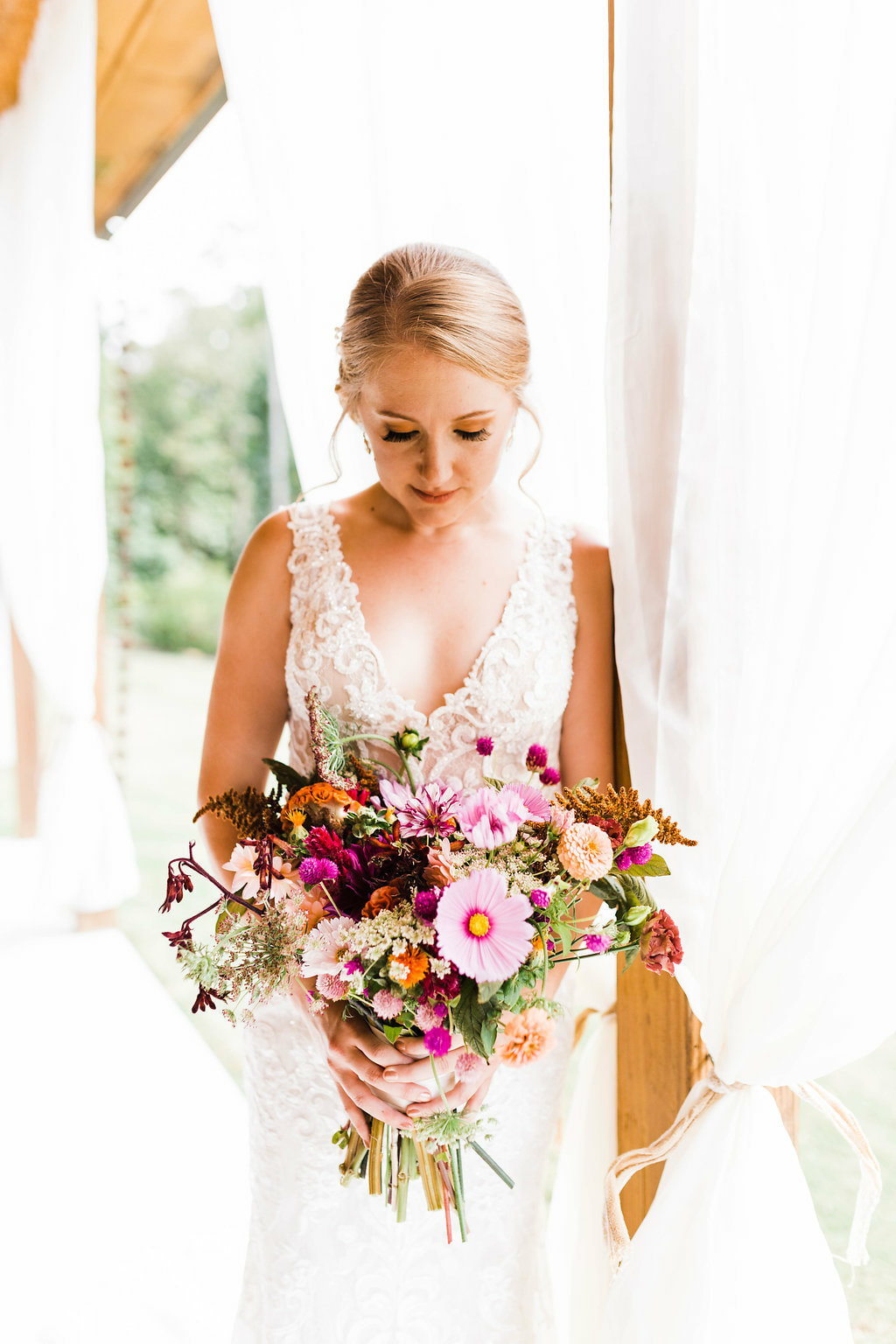
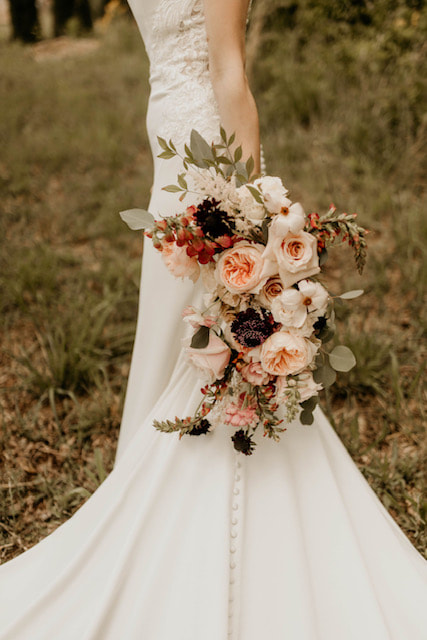
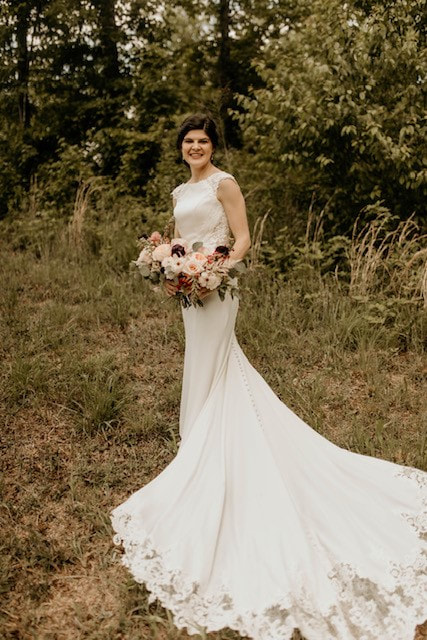
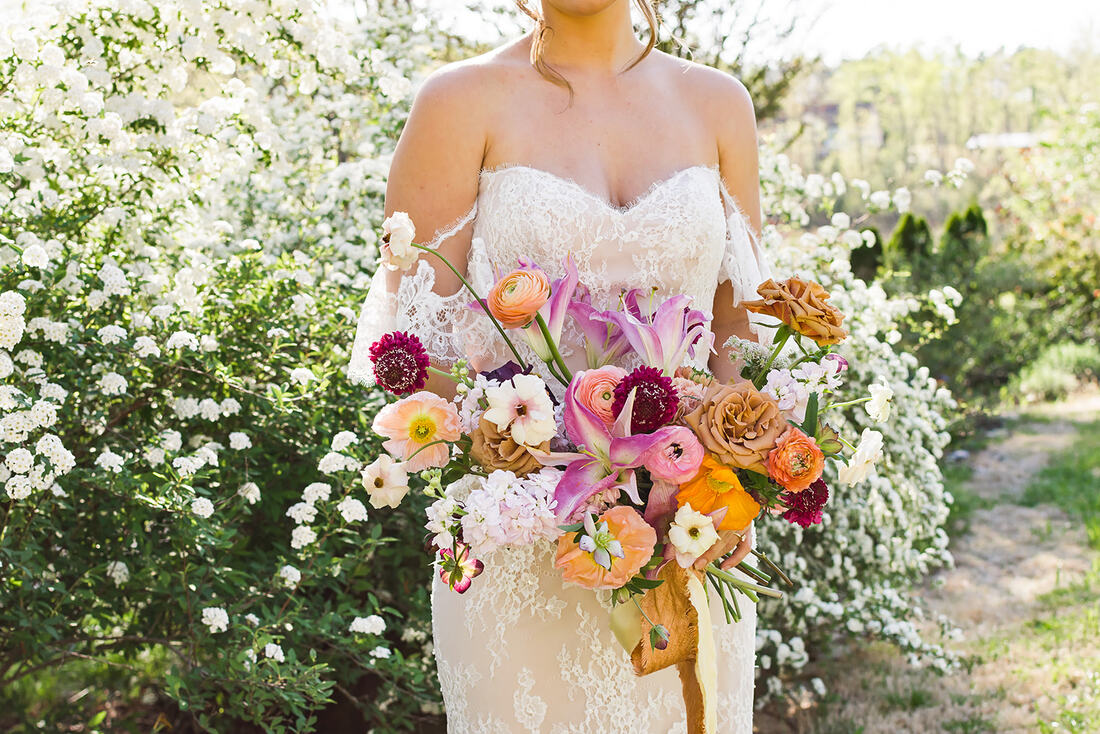
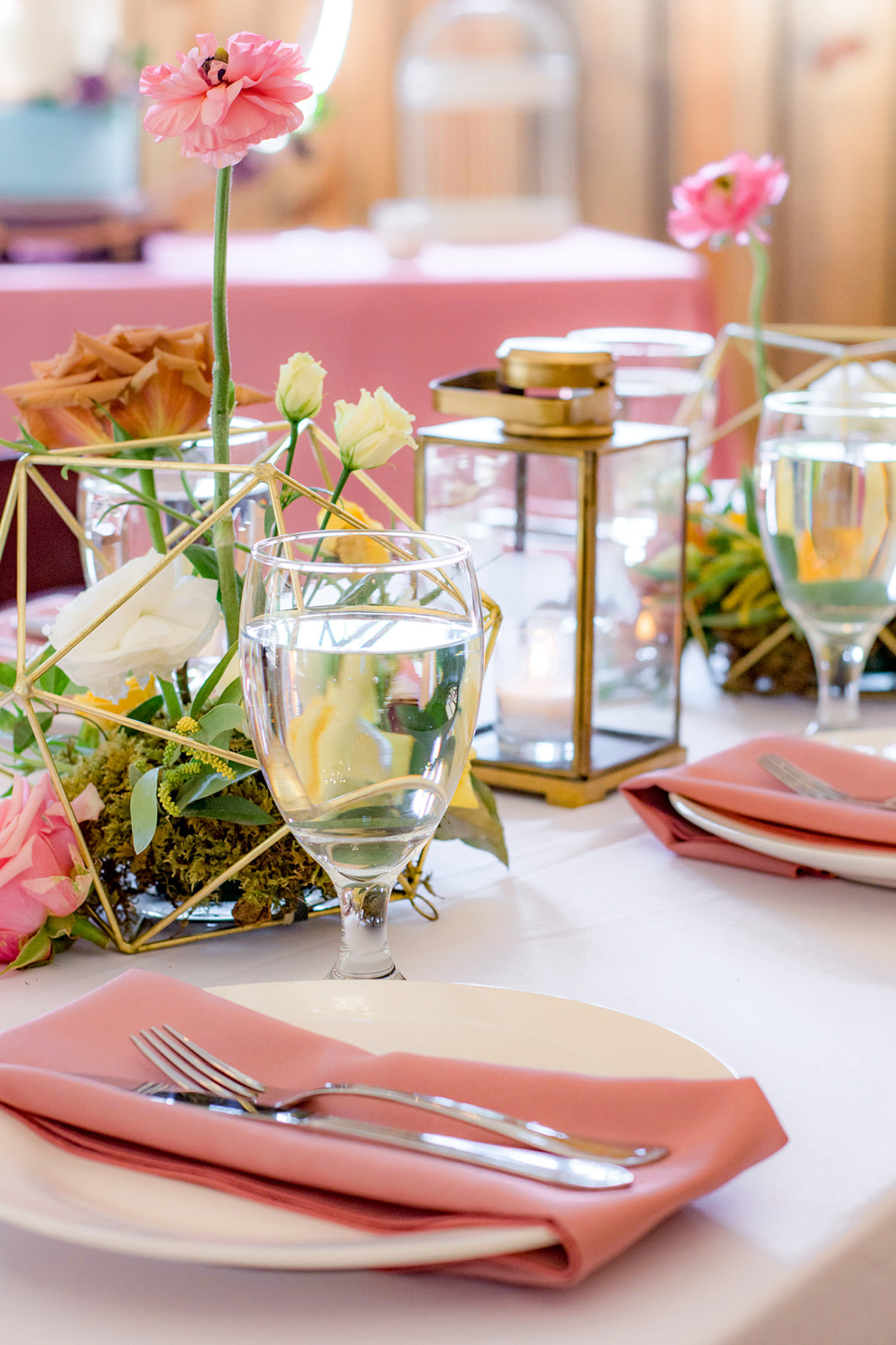
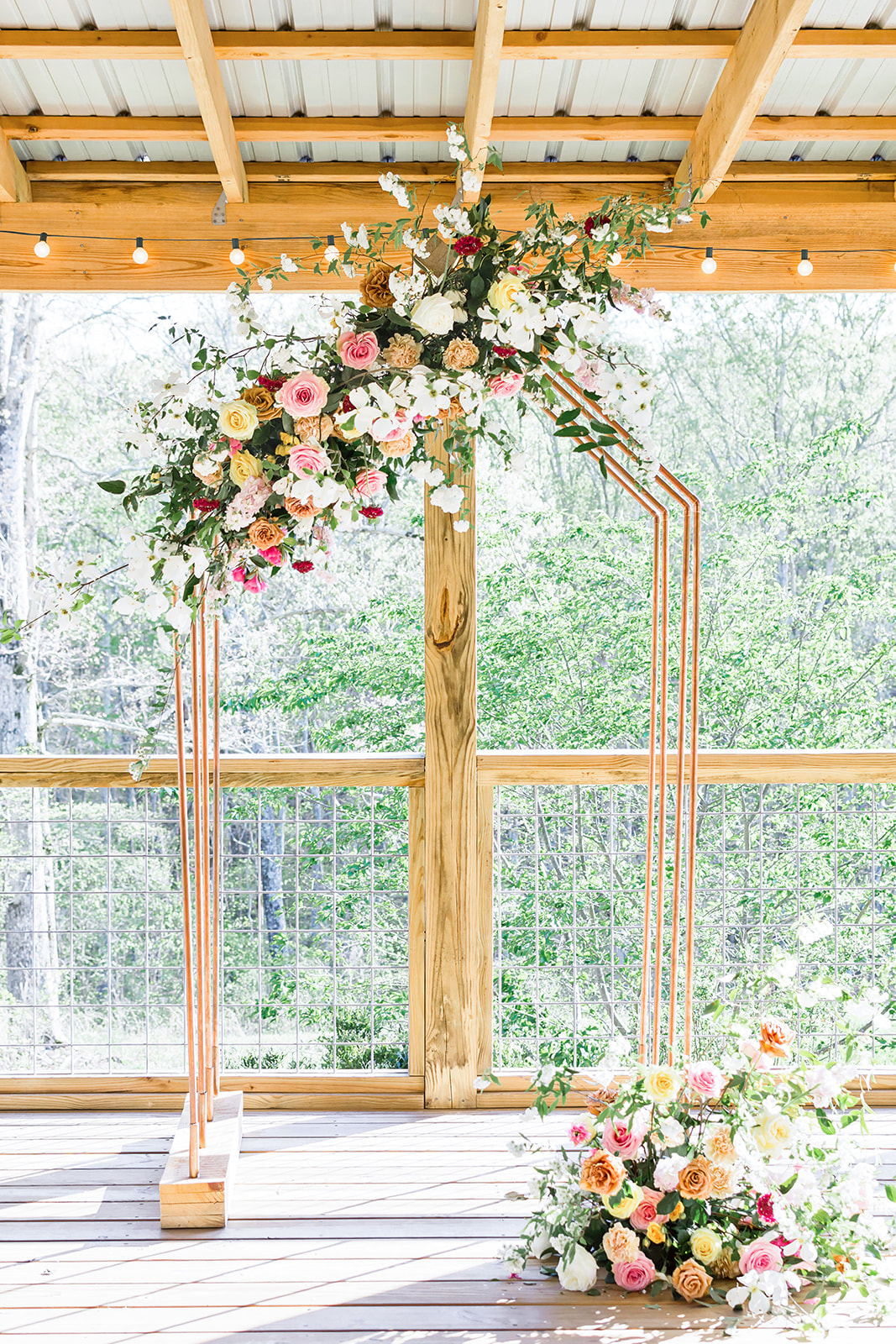
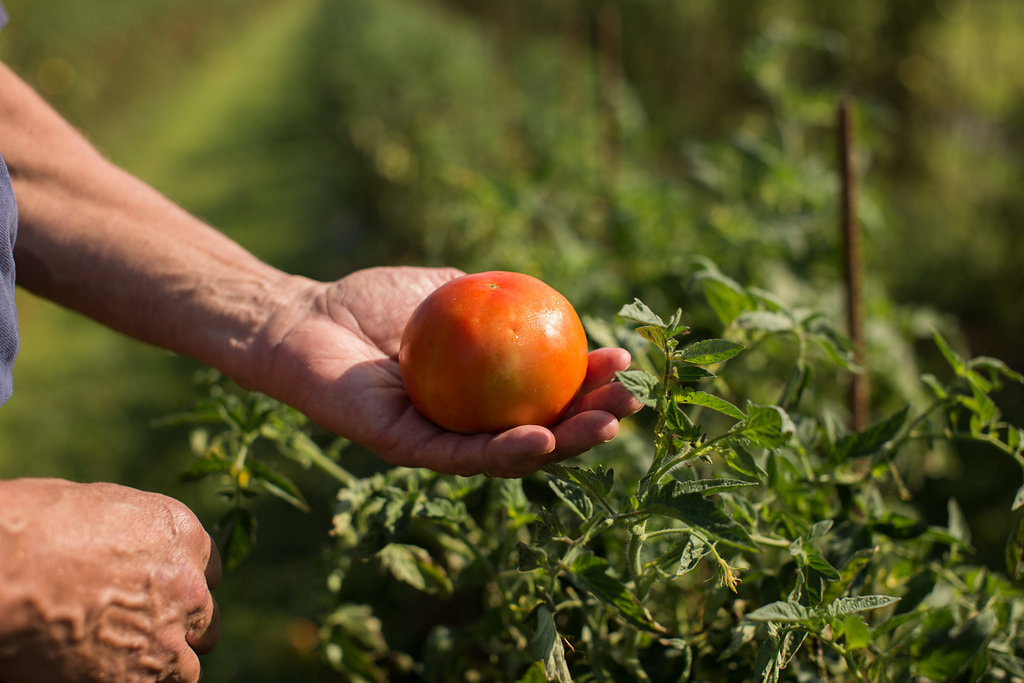
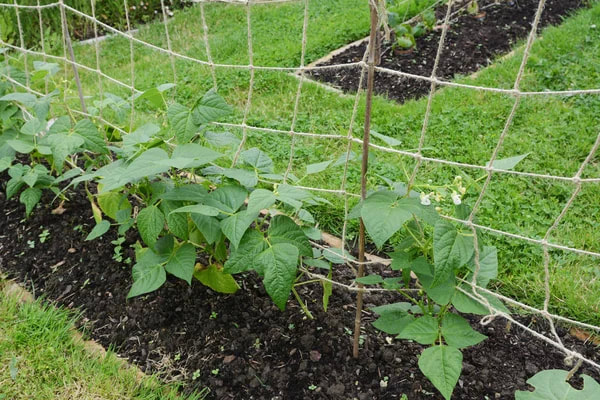
 RSS Feed
RSS Feed
